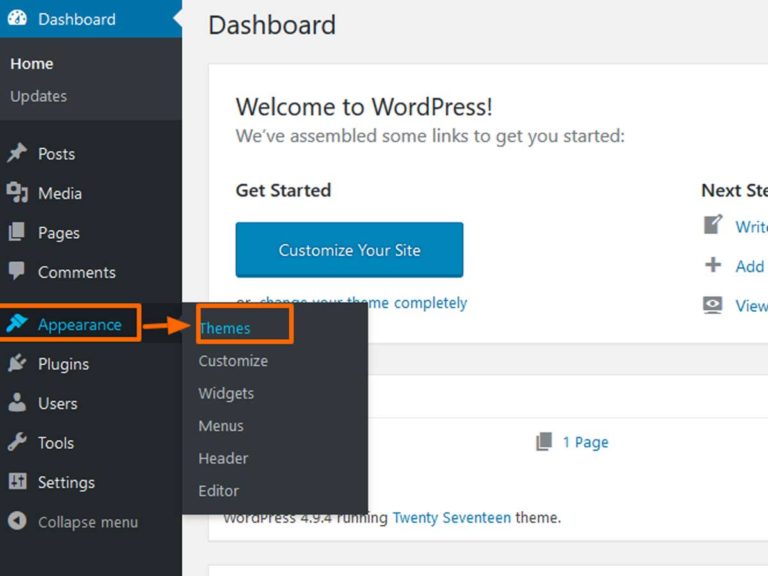Things about "Database Compression Techniques for Enhanced Performance and Storage Efficiency"

Enhancing SQL questions is crucial for attaining faster database efficiency. When working along with sizable datasets and intricate concerns, inept SQL claims can considerably affect the total performance of your database. By adhering to a few best practices, you can optimize your SQL concerns and strengthen the velocity and productivity of your database operations.
1. Utilize Indexes:
Marks play a critical duty in enhancing SQL queries. They deliver fast accessibility to data through creating a different data framework that allows the database motor to situate relevant information quicker. By adding The Most Complete Run-Down to pillars frequently made use of in hunt ailments or sign up with procedures, you may substantially enhance inquiry performance.
2. Confine the Use of SELECT *:
Using "Choose *" retrieves all columns coming from a desk, even those that are not needed for the query lead. This raises I/O procedures and consumes even more moment, leading to slower performance. It is wise to pick only the required pillars clearly in your Choose claim.
3. Prevent Using Arrows:
Cursors are typically made use of when handling information row by row within a loop in step-by-step foreign languages like PL/SQL or T-SQL. Having said that, arrows may be resource-intensive and detrimentally impact query performance, specifically when working with large datasets. Whenever achievable, make an effort to use set-based operations as an alternative of cursors.

4. Optimize Joins:
Join procedures are vital in relational data banks but may likewise be a source of efficiency concerns if not correctly optimized. To maximize participates in:
- Ensurethatjoiningcolumnshaveproperindexes.
- Make use ofInternalJOIN as an alternativeofOUTERSign up withwhenever possible .
- Look atusingEXISTSorNOT EXISTS insteadofINorNOTINclausesforbetterquestionexecutionplanning.
5. Rewrite Subqueries as JOINs:
Subqueries can easily be helpful for conveying intricate problems, but they usually lead to poor query efficiency due to their completion order and shortage of marketing opportunities through the database motor. Rewording subqueries as JOINs can easily assist boost concern completion opportunity.
6. Minimize Data Type Transformations:
Data style conversions may impact query efficiency, especially when carrying out functions on huge datasets. Whenever achievable, make certain that record types are regular around pillars and steer clear of unneeded transformations.
7. Utilize Held Procedures:
Using stored procedures may enhance SQL question performance through reducing network website traffic and improving implementation program caching. They enable you to envelop regularly implemented queries or purchases in to a single exe unit, which can easily be pre-compiled and optimized by the database motor.
8. Analyze Query Execution Program:
Evaluating concern execution strategy helps recognize hold-ups in your SQL inquiries. Many database administration devices supply resources for viewing completion planning, which reveal how the database engine performs a provided question. Understanding these planning may assist pinpoint ineffective procedures and maximize them accordingly.
9. Screen and Tune Database Performance:
On a regular basis tracking your database performance is crucial for determining issues and optimizing SQL queries correctly. Take advantage of performance screen resources to track source utilization, identify slow-running queries, and enhance them for much better performance.
10. Consistently Update Statistics:
Database stats deliver beneficial info regarding the distribution of information within desks and indexes, allowing the database motor to produce optimal concern completion program. Frequently improving data makes sure that the optimizer has exact relevant information for creating dependable choices.
Through using these finest methods, you can easily improve your SQL questions for faster database functionality. Remember to on a regular basis assess question execution planning, monitor database efficiency, and fine-tune your inquiries as needed to achieve optimal end result without compromising effectiveness or stability.
